
2018: Free Press Unlimited Project
Free Press Unlimited fights for independent news and unbiased information for everyone, everywhere. FPU uses their Theory of Change as a means to achieve a righteous and peaceful society through the power of media tool.
Involve helped the NGO find relationships between their short/long-term intermediate outcomes. Know as pathways of change and produced mechanism to monitor these pathways with external sources.
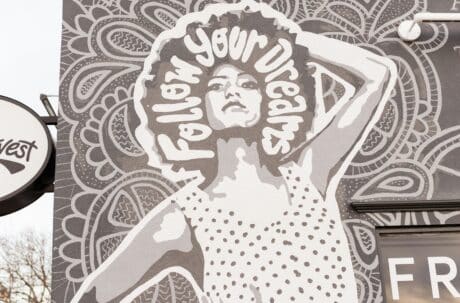
2019: CARE Nederland
In 2019, we were partnered up with CARE Nederland. The NGO is one of the largest and oldest humanitarian aid organizations focused on fighting global poverty.
Together they analyzed female (economic) empowerment, and identified barriers restricting access to finance for women. The field research was carried out in Peru, one of the focus regions of CARE.
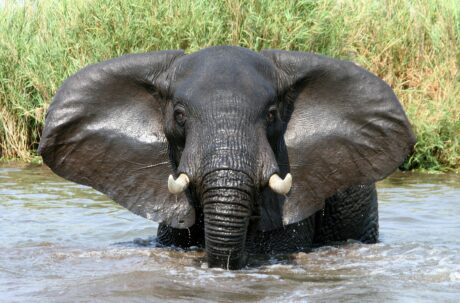
2020: African Parks Malawi
In 2020, the EFR Involve committee collaborated with African Parks in Malawi. The goal of the project was to help local communities become less dependent on the environment and reach financial stability.
Although the planned expedition got postponed due to the pandemic, participants completed desk research to find out more about the socio-economic conditions and were able to gain knowledge of the issues at hand.
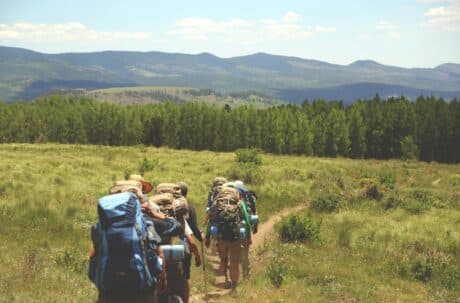
2021: Bernard Van Leer Foundation
In 2021, the EFR Involve Consultancy committee collaborated with the Bernard Van Leer Foundation. A NGO focused on early childhood development.
In this project, we studied the effects of exposure to nature on the development of young children and their caregivers. Although the planned field research to Israel had to be canceled due to Covid-19, an alternative field research in and around The Netherlands was composed and conducted

2022: UN Refugee Agency
The Involve Consultancy Project worked together with the UN Refugee Agency. Their research focused on the Graduation Approach, a method used to relieve poverty among the poorest refugees which aims to increase self-reliance and resilience among their participants.
They compared this approach to other poverty alleviation approaches to look at the cost-effectiveness of the Graduation Approach in targeting refugees. During the field research they travelled to Uganda, where they interviewed refugees in different refugee settlements, NGO’s implementing the approaches and local leaders and officials.
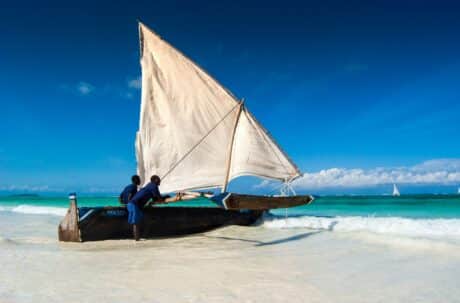
2023: Barefoot College
In 2023, we partnered with Barefoot College International to explore strategies for increasing donor acquisitions in Zanzibar.
The trip encompassed a comprehensive understanding of Barefoot College International projects and the local Zanzibar culture. Witnessing the impact of BCI’s work on communities was eye-opening, revealing the power of seemingly small actions. During our visit to a rural village secondary school, we became acutely aware of the lack of education on reproductive systems and birth control. This issue, especially affecting girls, underscores the importance of addressing taboos. Our time in Kigongoni showcased the transformative effects of the Solar Mamas program, electrifying homes, and brightening futures. Additionally, encountering the beekeeping communities emphasised the ecological and economic significance of these endeavours.
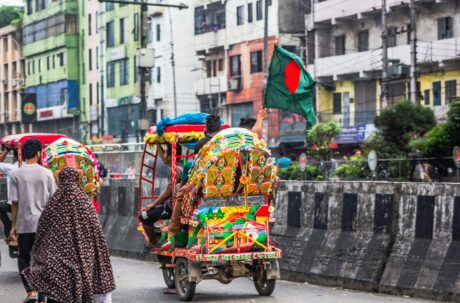
2024: Global Human Rights Defence
This year, the Involve Consultancy Team partnered with Global Human Rights Defence (GHRD) – a UN ECOSOC-accredited human rights organization – to explore media bias surrounding the 1971 Bangladesh Liberation War. Our research aimed to uncover how the aftermath of this historical event continues to shape present-day affairs and how its limited coverage in Western media influences current events and perceptions of Bangladesh.
In examining the role of media portrayal and its broader impact, our findings suggest that a re-evaluation by independent institutions regarding the classification of the 1971 events as a genocide could be considered, as such recognition might enhance Bangladesh’s global standing and economic prospects. Although the planned field research was unfortunately cancelled due to protests related to the Liberation War, the project culminated in a symposium at Nieuwspoort in The Hague, where we presented our findings alongside GHRD’s ongoing campaign for justice and recognition.